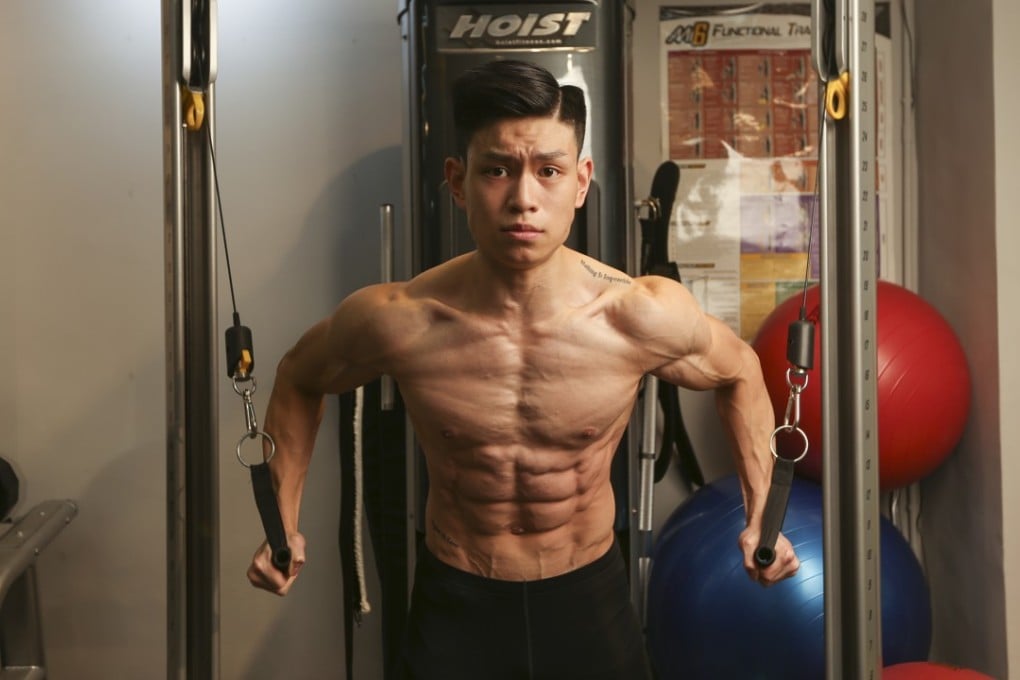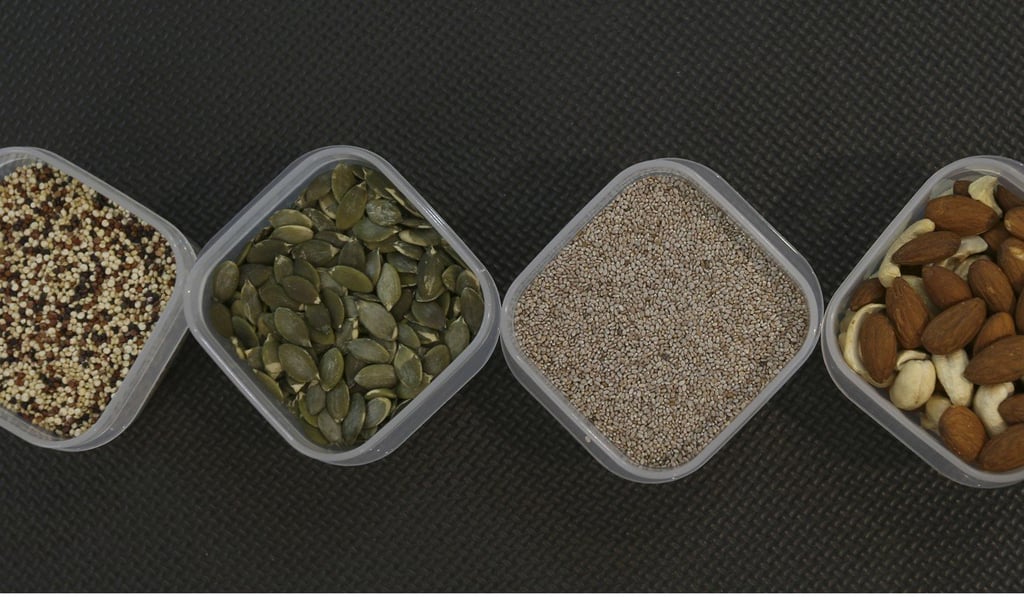Vegan Hong Kong bodybuilder Hin Chun Chui wrestles protein myths and shows you don’t need meat or dairy to be a winner
He trains for five hours a day and is part of the Hong Kong bodybuilding team ... he also happens to be vegan. Find out first-hand what it means to be a meat-free athlete and what to eat for success

Bodybuilder Hin Chun Chui, 2016 champion of the Hong Kong Body Building Tournament Youth Group, is among that small group. This year he achieved second place at the 2017 YOT Bodybuilding Open Competition (a men’s sports model category). The athlete, who trains around five hours daily, stopped eating meat and animal by-products three years ago after having a nightmare about chickens and learning about inhumane animal farming practices.
People say I’m fighting in bodybuilding games but I say I’m also fighting the system
With a friend, the 21-year-old launched Revol Vegan Fitness in Cheung Sha Wan this year to help others learn about the vegan diet and fitness. This meat-free convert admits it’s a struggle to highlight plant-based diets in a city where most people prefer carnivorous lifestyles. Many locals find it hard to fathom he is a herbivore bodybuilder and accuse him of being a steroid user. It’s an uphill battle for this athlete in the bodybuilding scene, too, where many of his carnivorous peers prefer champs that promote whey protein or other sponsors’ non-vegan friendly products to make a living.
“People say I’m fighting in bodybuilding games but I say I’m also fighting the system,” he says. In the early days of his career, this bodybuilder hid his vegan life to compete at events, but now, being part of Hong Kong’s bodybuilding team, life has become much easier.

Are there many Hong Kong vegan professional athletes?
If there are I can’t find them.